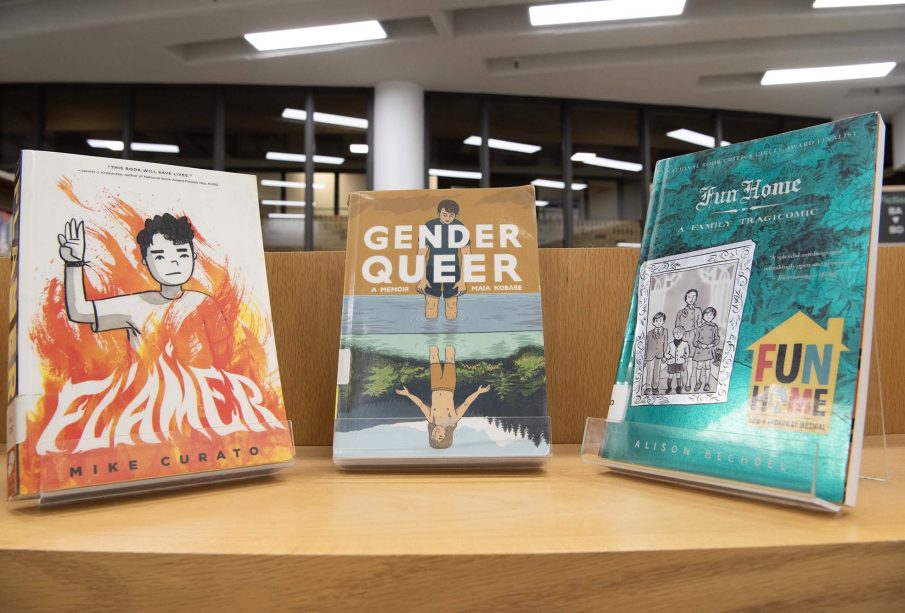The Impact of the Alberta Book Ban on Education and Freedom

Introduction
The recent decision to ban certain books in Alberta schools has sparked a significant debate about censorship and the implications for freedom of expression. As educators and parents voice their concerns, this controversy highlights the delicate balance between protecting children and promoting open discourse in educational institutions.
Details of the Ban
In late 2023, Alberta’s education authorities implemented a ban on specific books that address themes such as gender identity, race, and sexuality, citing concerns over age-appropriateness and parental rights. Books like “Lawn Boy” by Jonathan Evison and “Gender Queer” by Maia Kobabe have been at the forefront of this controversy.
Supporters of the ban argue that these books contain inappropriate content for young readers and that parents should have a say in what their children are exposed to at school. They assert that such literature could promote confusion and discomfort among children regarding their own identities.
Opposition to the Ban
Conversely, many educators, librarians, and advocates for LGBTQ+ rights argue that banning books not only undermines educational freedom but also deprives students of exposure to diverse perspectives and experiences. Numerous protests have erupted across the province, with advocates emphasizing the importance of inclusivity and representation in literature.
Studies indicate that access to diverse books can improve empathy and understanding among young people, helping them navigate complex topics such as identity and social justice. Critics of the ban have started campaigns to raise awareness about the importance of protecting academic freedom and the resources available to parents and children for discussing these issues.
Legal and Educational Implications
The Alberta Book Ban also raises questions about the legal responsibilities of educational institutions and teachers in fostering a healthy classroom environment. Legal experts suggest that while parents have the right to guide their children’s education, schools must also adhere to principles of academic freedom.
In light of ongoing public outcry, the Alberta government may revisit these policies, with some local school boards already proposing revisions to their book selection processes. Educational leaders are calling for a more collaborative approach that includes input from parents, educators, and students.
Conclusion
The Alberta book ban serves as a critical case study on the role of literature in education and the ongoing struggle for balance between parental rights and the educational needs of students. As communities continue to engage in dialogue about these changes, it may lead to a reevaluation of policies that prioritize inclusivity and support for all students. The outcome of this situation not only impacts students in Alberta but also serves as a cautionary tale for educational policies across Canada.








